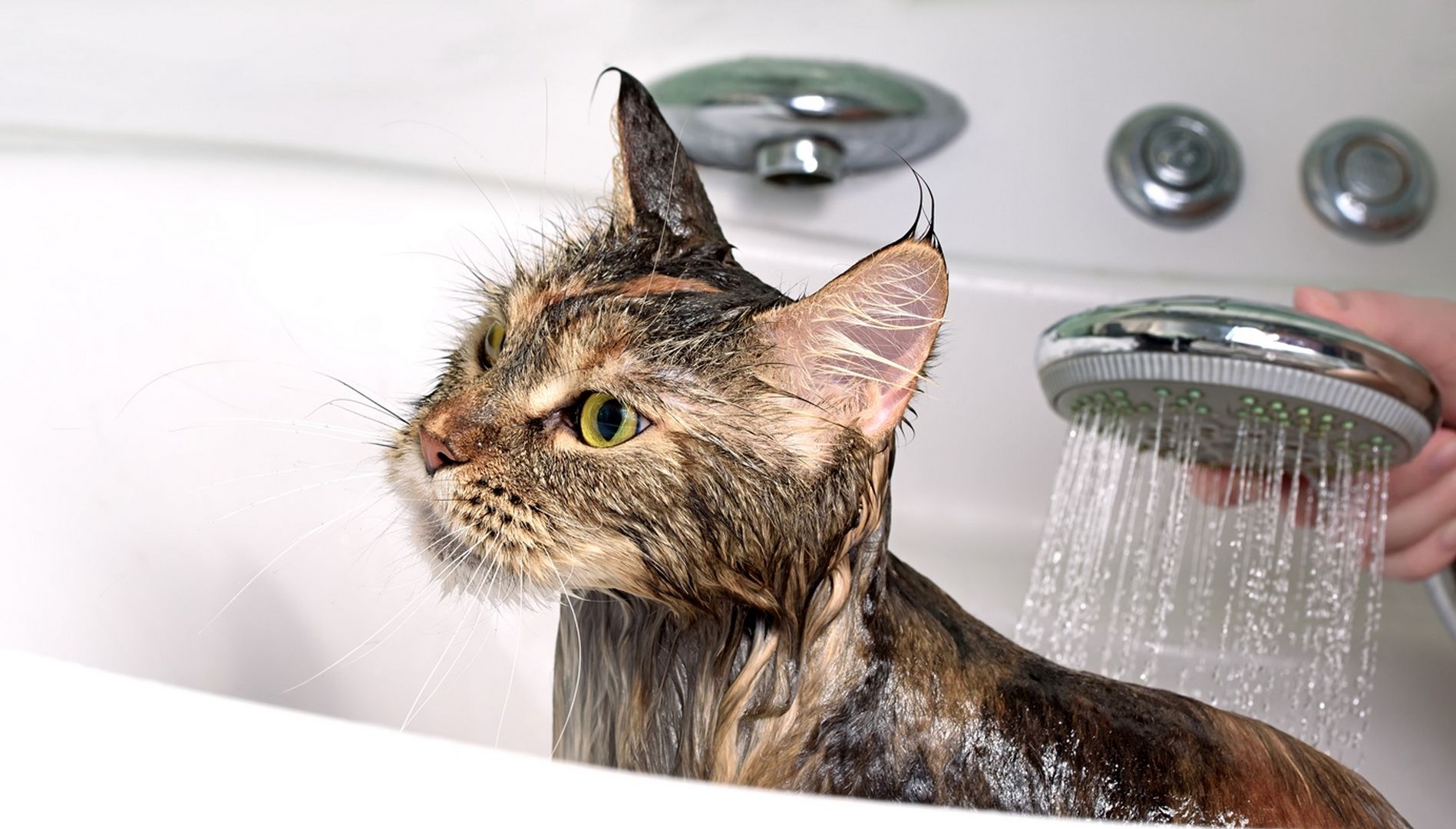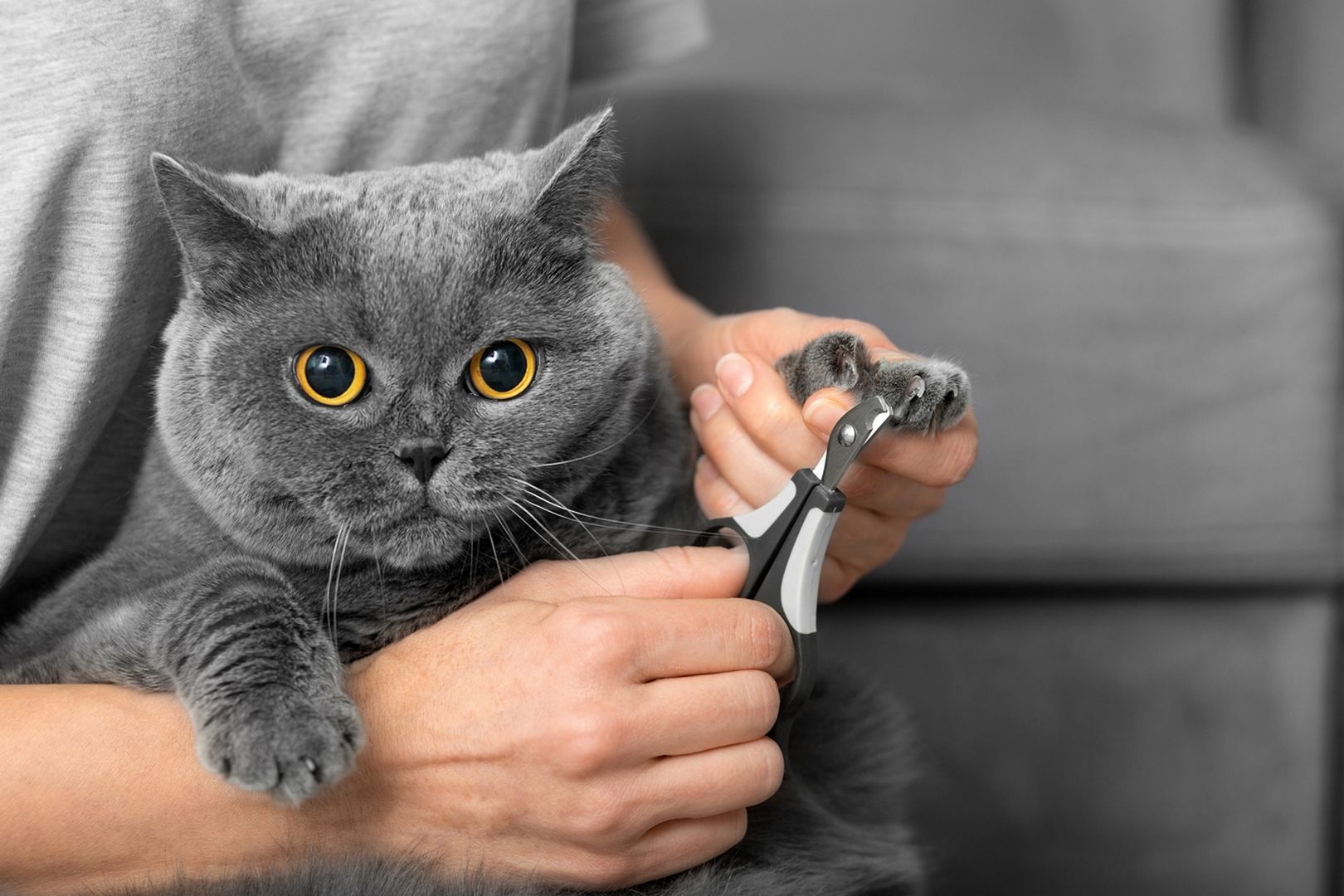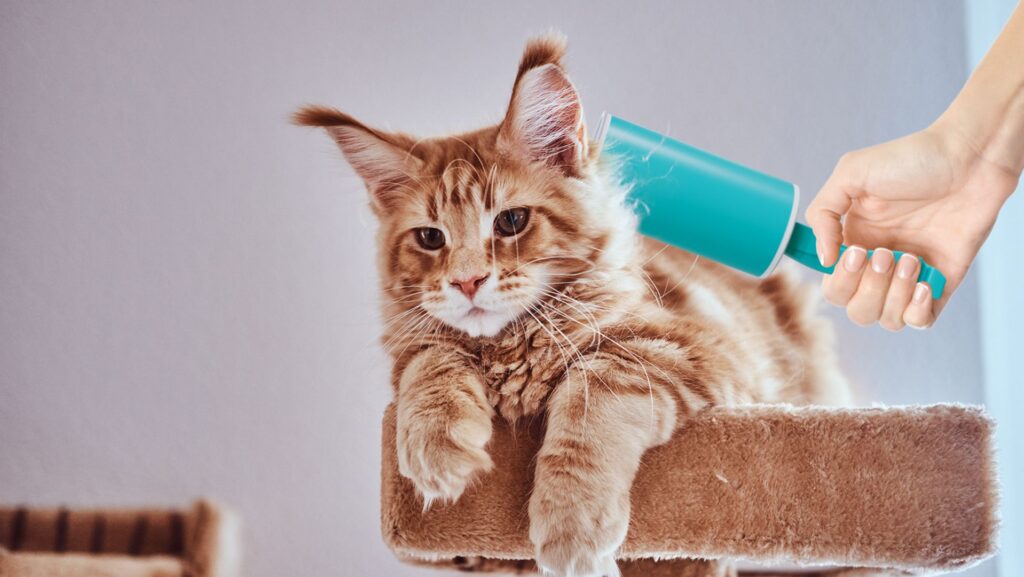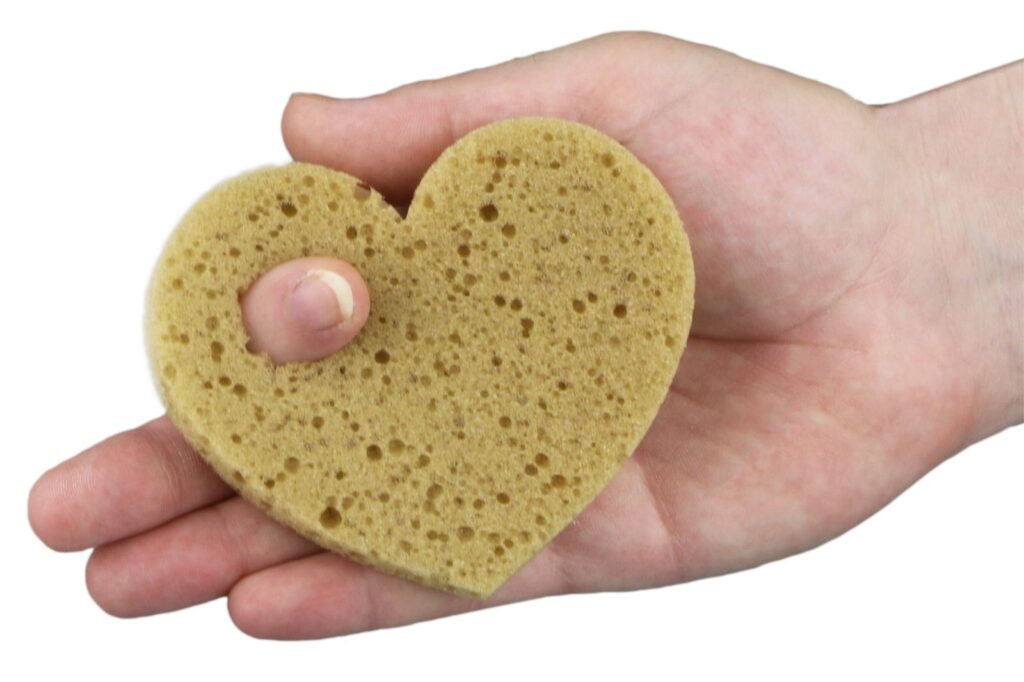Cats are generally rather clean animals (especially those living in flats): they do not need too much attention and care, as they tend to spend a lot of time on self-cleaning. Cats take care of their hygiene independently during the day, and they do this by licking: thanks to their tongue, they are able to remove most of the residues and dead cells from their coat.
Even though the cat is also rather ‘independent’ concerning personal hygiene, there are numerous precautions and good habits that can increase its well-being and improve its quality of life in the immediate and long term.
It is important to try to brush and comb cats at least once or twice a week if they have short hair (European, Siamese, Carthusian, Abyssinian) and more frequently if they have long hair (Persian, Norwegian, Siberian, Ragdoll), always using specific tools and products. This activity is not only beneficial in removing any dirt and improving the quality of the coat, but also prevents the formation of hairballs in the small feline’s stomach.
How do you keep a cat always clean?
In order to practise grooming successfully and not to stress the cat, it is necessary to create a special space in the house, dedicated to these grooming moments, that becomes familiar to our little friends.
Grooming can be a playful and bonding time with one’s owner: contrary to popular belief, most animals enjoy these activities. The main advice is to create a routine that is not forced and to spread the various activities over the weeks and months.
It is necessary to proceed in an orderly manner and to learn as we go along with our pets the best times to perform the various activities. Like people, cats also have different personalities and can react differently to various treatments.
Specific tools and products are required for each treatment, which is important to achieve the best result. In addition, home care allows early detection of cases where a trusted veterinarian must be consulted.

How often do you clean your cat?
- Teeth: it is important to take care of this very delicate part using specific and recommended foods that help maintain healthy gums and teeth. Afterwards, it may be necessary to brush the cat’s teeth about once a month, particularly using soft brushes so as not to create any abrasions: tartar and dirt can lead to infections, and it is a good idea to take care of the cat’s teeth, especially if they are elderly.
- Nails: it is essential to always look at the health of domestic cats’ nails and cut them if necessary. Indoor cats, in particular, need this attention (the frequency is subjective and varies for each animal). These parts of the cat are essential: just think that scratching is a way for them to mark their territory. In caring for them, it is essential to cut them off a little at a time, paying attention to the part closest to the paw (the pink one) where blood vessels are present, and which absolutely must not be touched. The best way is to take the paw gently and then gradually shorten the transparent part of the nail.
- The ears: attention paid to ear hygiene must be proportional to the cat’s age and specific needs. An initial visual analysis may indicate traces of possible accumulations or ongoing infections. Cleaning must be carefully chosen, there are numerous specific products, and it is very important not to use objects (such as cotton buds) that could damage the eardrum.
- The eyes: some cats leak small amounts of liquid from their eyes during the day and particularly during sleep: do not be alarmed, but a good habit is to gently clean these secretions every morning.
- The hair: For the hair, it is advisable to use sticky brushes such as Pelù Pet Cat, which removes already detached hair preventing the formation of hairballs, removes dandruff residues from the coat, cleans and shines the hair, and distributes plant extracts with a pleasant aroma (but there are also the Pelù Pet and Pelù ZanzaaStop hair removal brushes, which in addition to removing already detached hair distribute a protective mix of plant extracts, ideal for the summer season).
For all these activities, there is a right way to take the cat and make it feel comfortable. The advice is to treat it gently, lifting it, if necessary, from under its front paws and from behind its hind ones. The important thing is not to agitate the cat, but to be calm at the whole time so as not to create trauma or stress for the animal. If necessary, you can help with positive reinforcement or a “little reward” for successful grooming.
How to eliminate cat odour?
The problem of malodour in cats can often be solved by constant hygiene. The main cause is a lack of attention to the points mentioned above, but in the case of fungal infections or skin diseases, it is necessary to consult the vet and strictly follow medical instructions.
One of the main sources of bad odour can be halitosis, which, in the most difficult cases, can only be resolved through scaling, i.e. tartar cleaning treatment. Although this surgery is not problematic in itself, it must be performed under general anaesthesia.
Otitis also produces a peculiar and very unpleasant odour and requires veterinary intervention.
Some cats may also suffer from digestive and urinary tract problems, in which case bad odours are unavoidable due to incontinence, waste and leakage.
A final, though rarer, odour problem may be the need to bathe the cat. In general, this practice is recommended if the coat is very dirty. To do this without it being traumatic, it is important to regulate the water temperature well, keeping it warm or lukewarm, and to use specific products and shampoos that respect the animal’s well-being. If necessary, a small special sponge can also be used.

How to bidet a cat?
For older cats or as a consequence of certain problems, it may be necessary to give your cat a bidet. In these cases, it is advisable to wear gloves and try to shave (or have a professional shave) the affected area so that it can then be washed and rinsed more comfortably.
How to clean a cat that does not wash?
Some feral cats, more stray cats or cats used to live outdoors, may not be as docile as strictly domestic cats when it comes to bathing. In these cases, for instance, after the adoption of an adult cat that needs to be cleaned, it is advisable to use a dry shampoo and possibly a washcloth or sponge moistened with a specific cat detergent.

Mugue Marketing Manager.
I love new ideas and continually looking for new communication strategies to never stop learning, after all, “If you’re a good marketing person, you have to be a little crazy.” (Jim Metcalf).




